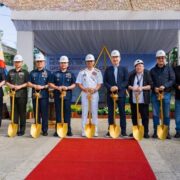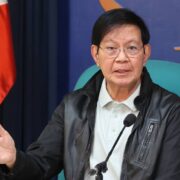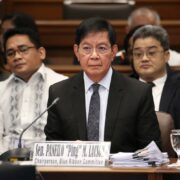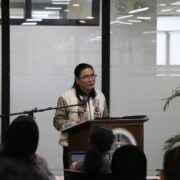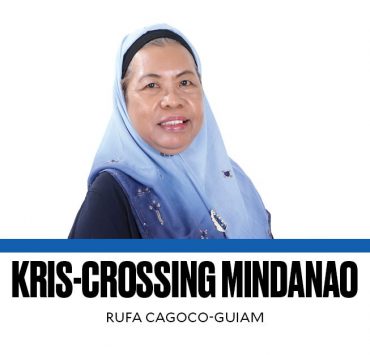An appeal to the SC: Take a second look at ‘Sulexit’ decision

This is to humbly implore the “gods of Padre Faura” to take a good second look, through the motions for reconsideration (MRs) filed, regarding your unanimous and “immediately executory” Sept. 9, 2024 Decision in Province of Sulu v. Medialdia penned by Senior Associate Justice Marvic M.V.F. Leonen.
The Court ruled that “The Province of Sulu shall not be part of the Bangsamoro Autonomous Region.” The latter disposition sounds so absolute as to preclude any return of Sulu to that constitutionally mandated autonomous region in Muslim Mindanao whether under the Bangsamoro organic law or any possible legislative amendment.
A good second look because there appear to be serious constitutional/legal (and actually also political and socioeconomic) angles that were overlooked even in “the erudite reasoning reflected in the Decision.” Beyond the substantive merits of the case, there is also the need to judicially and judiciously hear the voices from Muslim Mindanao, including the “differing perspectives within Sulu,” who strongly feel, rightly or wrongly, that they have been significantly impacted again by a decision made by one or 15 persons in “Imperial Manila” without consulting them about Sulu’s exclusion from the new Bangsamoro Autonomous Region in Muslim Mindanao (BARMM).
A good second look might include not only a careful perusal and study of the arguments in the MRs but also an opportunity to hear wider, even interdisciplinary, perspectives by way of the judicial processes of calendaring oral arguments and of inviting amicus curiae. The latter judicial mechanisms have been standard in many important constitutional litigations of the past, but unfortunately not so far in the Province of Sulu v. Medialdea. In the meantime that is the MR stage, can the “immediately executory” not instead be prudently put on hold?
A good second look might result in a better alternative—but just as “erudite”—reasoning and disposition on Sulu’s part in the BARMM. After all, the ponente SAJ Leonen, when he was the Government of the Philippines peace panel chair who successfully negotiated with the Moro Islamic Liberation Front for the breakthrough Framework Agreement on the Bangsamoro in 2012, repeatedly said that it can be worked out “within the flexibility of the 1987 Constitution.” Or if this was something like chess, there could be better stratagems in saving, rather than sacrificing, the queen of the BARMM that is Sulu.
For one, the stricken-down proviso in Republic Act No. 11054 “That the provinces and cities of the present Autonomous Region in Muslim Mindanao shall vote as one geographical area” can instead be allowed based on at least two constitutional grounds. One is the very spirit, intent, and purpose in creating one unifying autonomous region in Muslim Mindanao of which Sulu is a historically, culturally, and socially integral part. Another is the more expansive constitutional autonomy framework of autonomous regions vis-à-vis the local autonomy framework of the other local government units (LGUs), as discussed in the Decision itself.
In considering the local autonomy of LGUs and the right to suffrage of their constituents, we should consider not only that of one province but also, if not more so, that of its bigger (picture) autonomous region. The non-diminution principle for autonomous regions pertains to not only its powers but also its territory. The big majority 89 percent “Yes” vote in the ARMM five provinces and the small majority 54 percent “No” vote in Sulu should occasion some pause.
United States Chief Justice Charles Evans Hughes said, “The Constitution is what the judges say it is.” More precisely, what the Supreme Court says it is. If the Court says, in the Decision, that “The relationship between the national government and the Bangsamoro is asymmetric,” then it is asymmetric. But the Court cannot change history like that of Muslim Mindanao of which Sulu is integral, going back to the Sulu Sultanate that “can be traced as far back as [long before] the early days of imperialism.”
Dios mabalos.
SOLIMAN M. SANTOS JR.,
gavroche23@gmail.com

